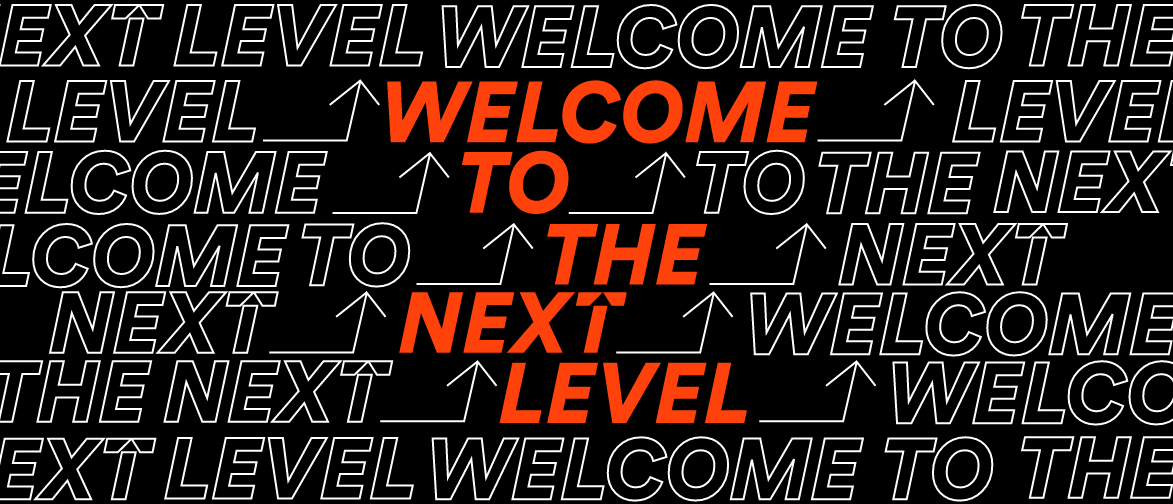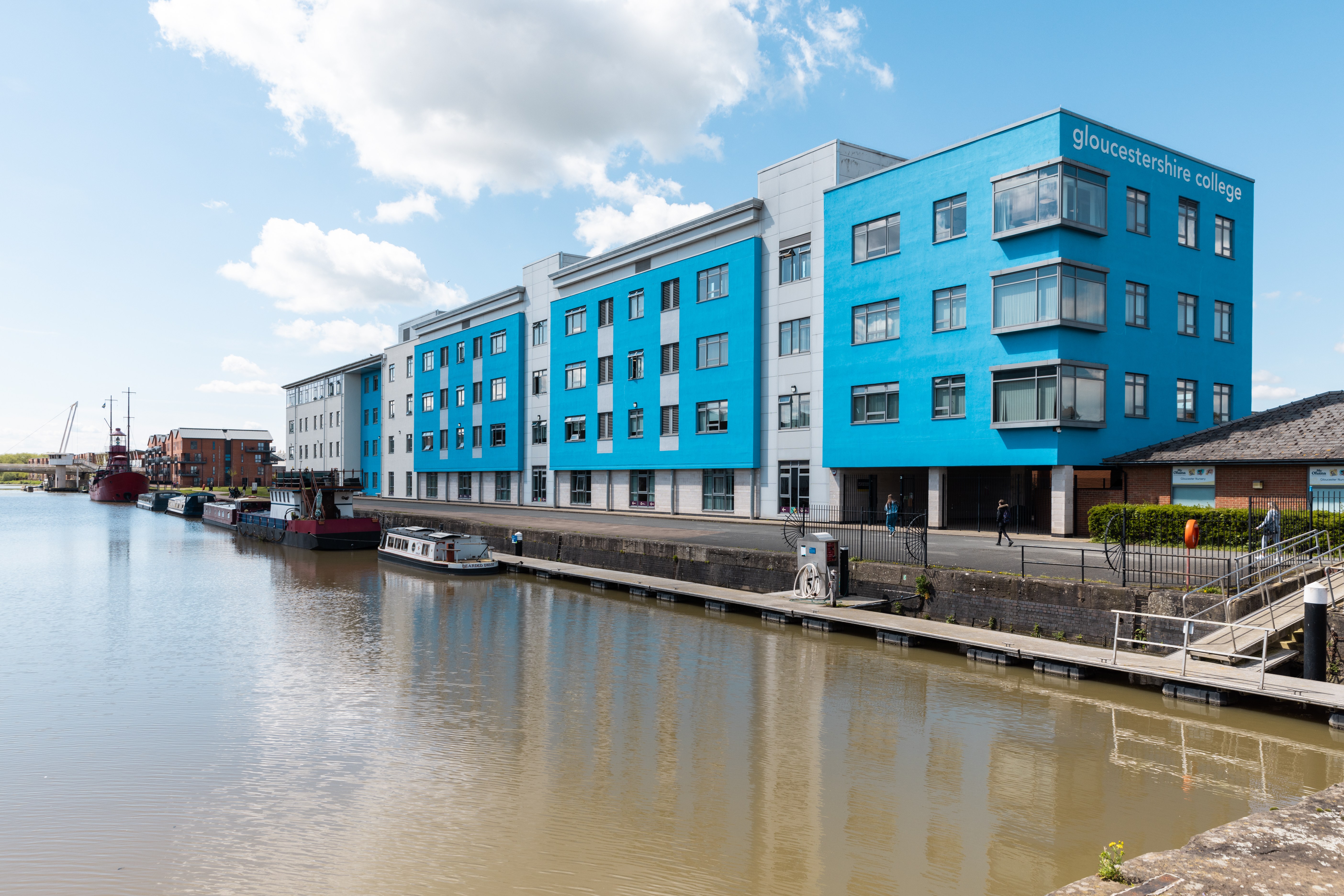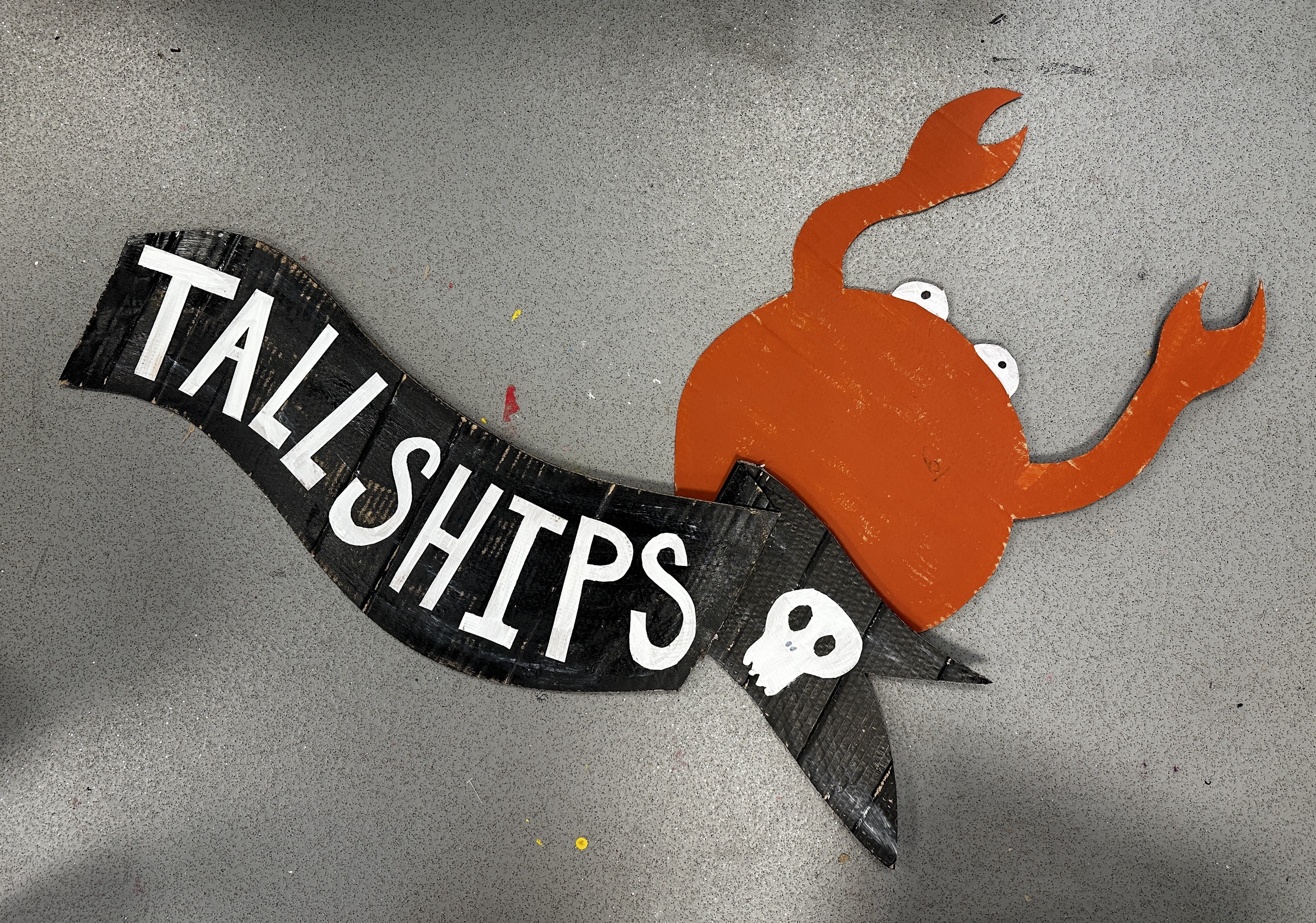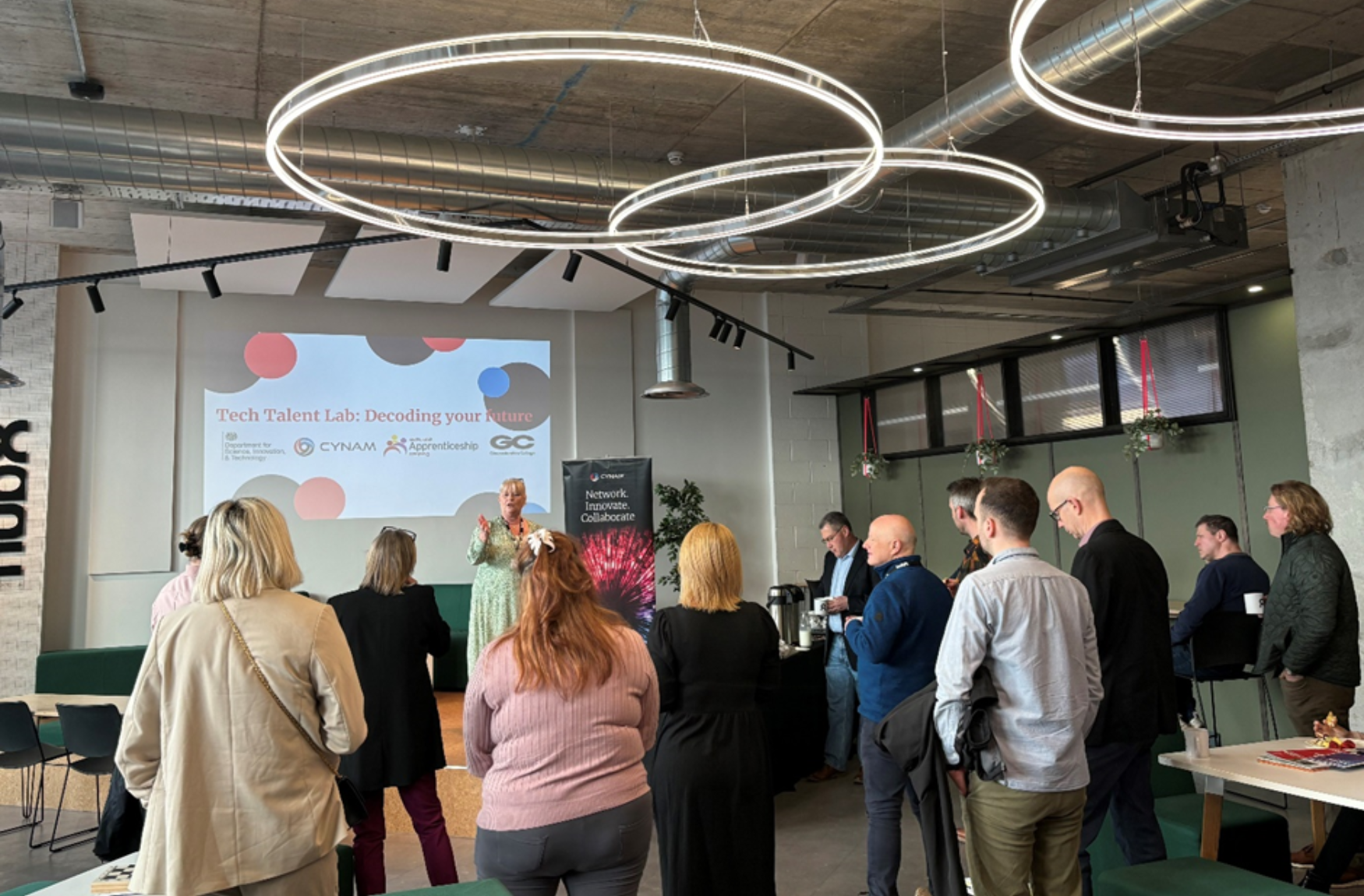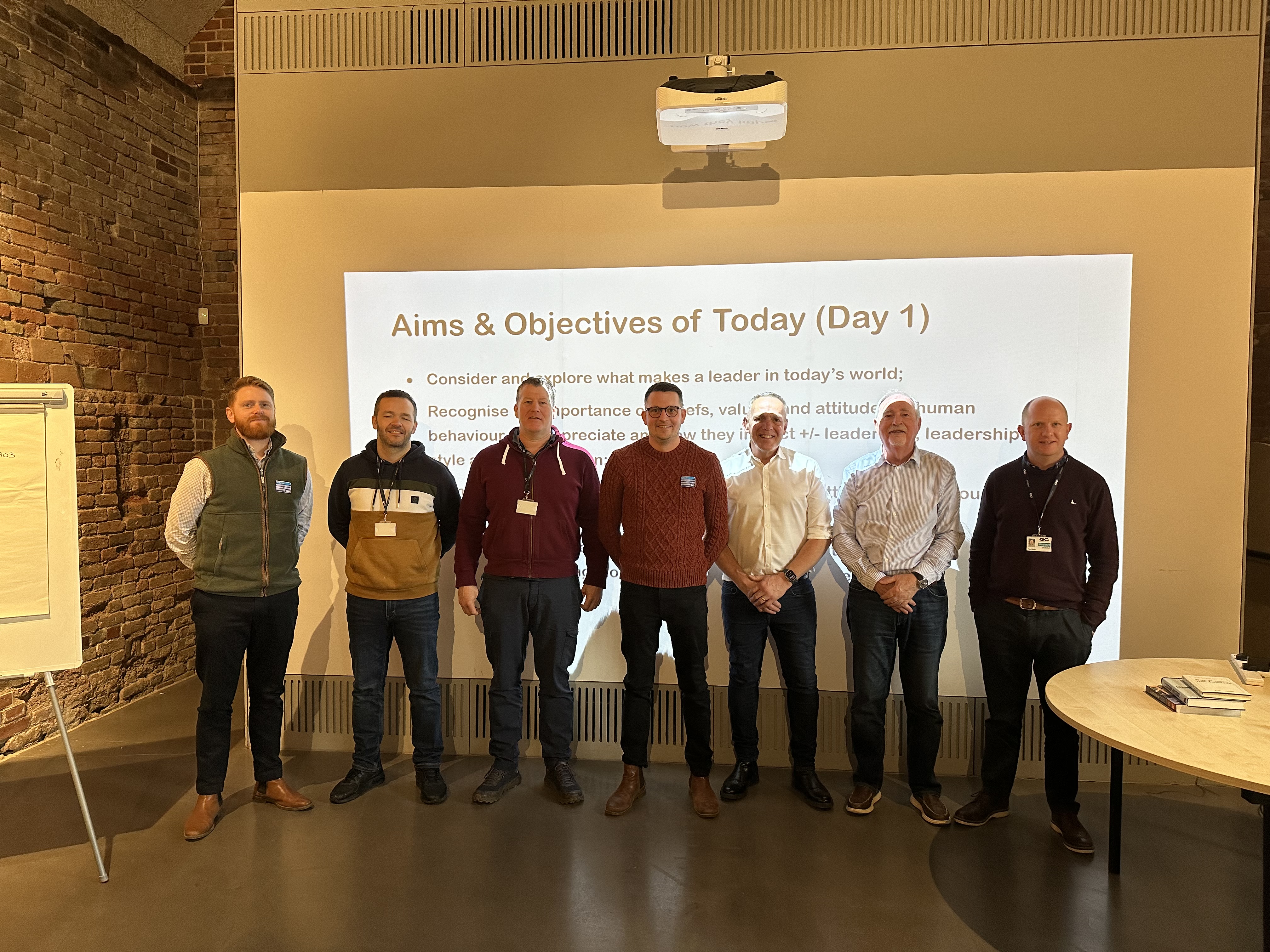A great alternative to A Levels
T Levels are a two-year technical qualification, designed to give you a head start towards the career you want. Created with local employers and businesses, they include an extended industry placement to help you learn what a career is really like in your chosen field. The work placement will make up 20% of your course (at least 45 days), with the remaining 80% of your time spent in the classroom.
At GC, we offer T Levels in:
This course is great for anyone wanting a career in construction. It can lead to careers in surveying and design, civil engineering, building services design, or hazardous materials surveying.
This course is for anyone wanting a career in healthcare. You could be an aspiring midwife, paramedic, nurse, or even want to work in surgery.
This course is great for anyone wanting a career in networking or infrastructure architecture, as well as those wanting to work on the frontlines of cyber security for businesses.
This course is for all aspiring business leaders and managers. It can lead to careers in business development, people management, human resources, and business management.

Want to know more about T Levels? We’ve rounded up the key facts and FAQs below.
Need to know – the key facts
- Two years of full-time study, equivalent to three A Levels
- 80% in the classroom and 20% on a work placement
- More classroom study than apprenticeships; experience working in industry alongside study
- A mix of industry-specific technical knowledge and practical skills
- Worth UCAS points and recognised by universities
- Progress into a skilled job or study for a higher/degree-level apprenticeship, or a university qualification
What is a T Level?
A T Level is a technical-based qualification which has been developed in collaboration with businesses and employers, to ensure that the course content meets the needs of the industry and prepares students for careers in their chosen field.
T Levels were designed to meet the needs of many industries that require a highly skilled and practical workforce, including healthcare and IT.
Who can study a T Level?
T Levels can be studied by anyone, but they are primarily an option alongside BTECs and A Levels for 16-18 year olds after finishing their GCSEs.
Are T Levels like A Levels?
A T Level is equivalent to 3 A Levels. A T Level Distinction* is equal to 3 A Levels at A*. The main difference is that with a T Level you will study one subject in lots of detail, whereas A Levels allow you to choose from a range of subjects.
Can I go to university with T Levels?
Yes you can! A growing list of universities and education providers accept T Level qualifications, including local ones such of University of Gloucestershire, University of West England, Cardiff University and Bath Spa University. See the full list of universities that accept T Levels.
What can I do after a T Level?
After a T Level you have lots of options. The course will prepare you for work, further training, or study. You could continue studying an HNC, HND or new HTQ at college, or consider studying at university.
GC students who progress from a further education course onto a full-time higher education course could be entitled to a bursary of up to £1000 in the first year, and up to £500 in the second year. You can find out more by contacting Student Services.
Should I study a BTEC or a T Level?
The choice is yours! Both types of course are industry or subject specific, and help you develop a great range of practical and transferable skills. Level 3 BTECs are also advanced courses equivalent to 3 A Levels. The main difference between a BTEC and a T Level is the work placement. Whilst BTECs can still offer work experience, they are mainly focused on helping you develop key skills during practical work at college.
T Levels are a great choice if you’re clear about the career you want, or the area you’d like to work in. They combine classroom study with a long work placement, which is at least 45 days of your course. They are also equivalent to 3 A Levels, which means you can gain UCAS points to apply for further study.
How long does a T Level course last? How long is a T Level work placement?
T Level courses last two years. The work placement is a key part of your learning and will run for at least 45 days. Work placements take place with an external employer, in an industry that is relevant to your course. It’s a great opportunity for you to support projects, take the lead and enhance your skills.
Where does GC offer work placements?
With a growing list of local and national employers for our T Levels, our Employability Team work to help you find a placement. This year we’ve been excited to offer placements with Gloucestershire Hospitals NHS Foundation Trust, SLG Brands, Kier Group, ONTIK, Gloucestershire County Council, Spirax Sarco and Lockheed Martin.
When do I apply for a T Level?
You can apply for a T Level as soon as our applications open in the autumn. Some of our courses fill up quickly, so we always recommend applying as soon as possible to give yourself the best chance of securing a place.
Why is it a good option for me?
T Levels are a great choice if you know the industry you want to work in, as they’ll give you a mix of industry-specific technical knowledge and practical skills, as well as that all-important work experience. This can help prepare you for work, further training, or study – meaning that a lot of opportunities are available to you!
If you’d like to find out more about T Levels and make an application, head to our course pages and start your journey to the nexT Level today!
T Levels at GC
